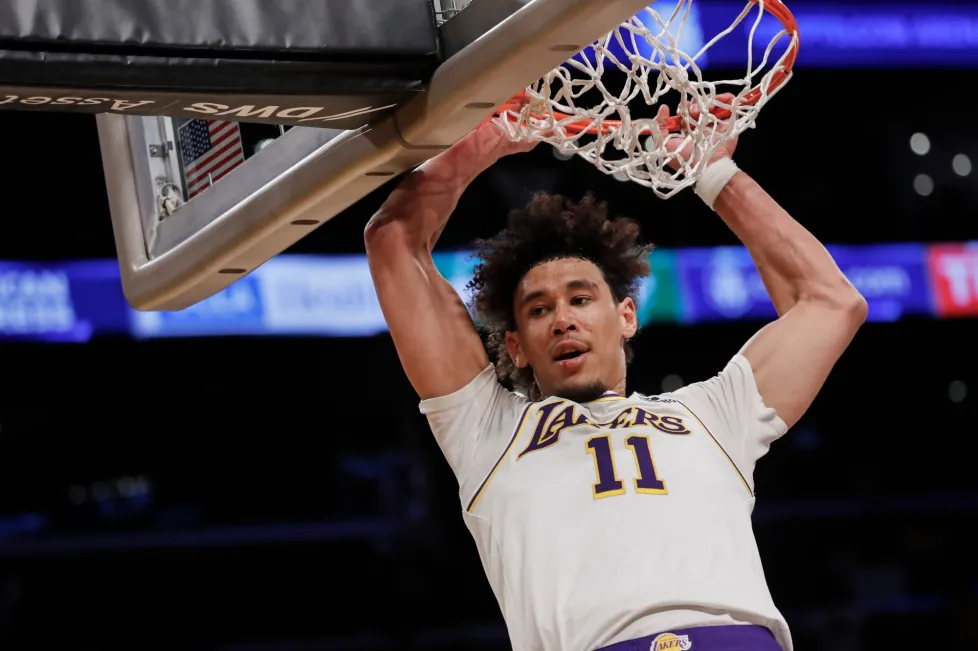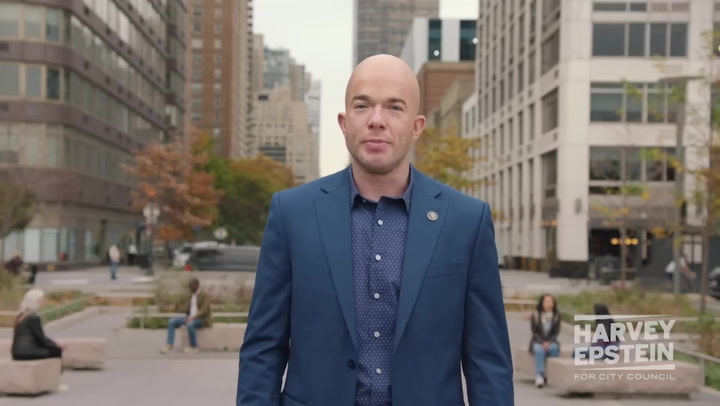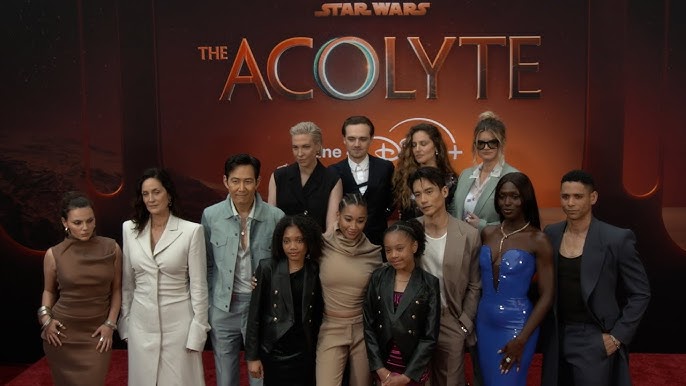
The conversation surrounding racism in the entertainment industry continues to evolve, particularly with the recent comments made by Jodie Turner-Smith, a leading star in Disney's Star Wars series, The Acolyte. The actress has openly criticized Disney and other studios for not adequately defending their stars against the rising tide of online harassment, much of which is rooted in bigotry.
Disney+, the platform behind The Acolyte, has faced scrutiny after the series was canceled after just one season. Fans and cast alike have expressed their disappointment over the abrupt end, which has sparked campaigns for the show to continue its narrative. However, aside from the cancellation, the focus has shifted to how the studio has handled the online environment that surrounds its cast members, particularly regarding racist comments targeted at actors of color.
Jodie Turner-Smith Takes a Stand
In a recent interview with Glamour magazine, Jodie Turner-Smith addressed the disrespect faced by many stars, stating, “They’ve got to stop doing this thing where they don’t say anything when people are getting f*cking dog-piled on the internet with racism and bullsh*t. It’s just not fair to not say anything. It’s really unfair.” With these bold words, Turner-Smith underscores not only her personal disappointment but also draws attention to a larger issue within the industry.
She further elaborated by suggesting that studios with financial power need to take a definitive stance against toxic behavior in fandoms. “It would just be nice if the people that have all the money were showing their support and putting their feet down,” she said. This call for accountability emphasizes the need for institutions to voice their disapproval of such hate speech, instigating a culture of support rather than silence.
Response to Online Harassment in Hollywood
Turner-Smith's remarks resonate strongly with previous incidents faced by her colleagues. Another prominent star from The Acolyte, Amandla Stenberg, has also spoken about the fallout from social media harassment. Stenberg responded to the bullying she received with a powerful song released on Juneteenth, claiming her right to express her experiences. Her artistic response becomes not only a personal outlet but also a social commentary on the racism prevalent in the industry.
Furthermore, the concern of online harassment is not new to the Star Wars franchise. Moses Ingram, known for portraying Reva in the series Obi-Wan Kenobi, received a wave of racist messages that spurred the official Star Wars social media channels to express their public support for her. This action, albeit positive, also highlights an inconsistency in how studios respond to similar situations across different projects.
John Boyega, a prominent figure in the sequel trilogy, has called for more robust actions from studios, urging them to advocate for their actors when they face backlash, especially when it is rooted in racism. These sentiments express a collective frustration among actors who feel abandoned by the very organizations that benefit from their participation in shows and movies.
Industry's Reaction to Toxic Fandom
In response to the larger issue of “toxic fandom,” studios are reportedly implementing measures such as “social media boot camps” for their stars. This is controversial, as it begs the question of whether studios are adequately prepared to support their actors rather than placing the burden on them to navigate harassment alone.
Turner-Smith remains hopeful that public opinion will shift over time. “What’s in vogue changes. We’re gonna get there at some point, to that place where people stop having a stick up their arse about people of colour being a part of IPs that were created by white people,” she declared, illustrating her commitment to hopefulness amidst adversity.
With discussions like these gaining traction, the impact of these voices in Hollywood will hopefully lead to a reckoning regarding how studios address race-related issues. If the conversations initiated by Turner-Smith and others can inspire change, then perhaps the industry can move towards a more inclusive and supportive environment for actors of all backgrounds.
Conclusion: The Future of Representation in Media
As an entertainment landscape filled with diverse narratives continues to unfold, the need for representation and advocacy becomes increasingly clear. Turner-Smith's comments, alongside those of her peers, not only shine light on the persistent realities of racism but also encourage a dialogue that could catalyze meaningful change.
In response to concerns regarding the representation and support of actors, it becomes imperative for studios to create a framework of advocacy that prioritizes the well-being of their cast members over concern for financial backlash or fan reaction.
The call for accountability is not just a desire for acknowledgment; it is a demand for action that reflects a commitment to creating a more equitable industry.
As fans and creators alike engage with the complexities of race and representation, the responsibility falls on major studios to forge a path that respects and uplifts voices within their projects. Turner-Smith's call to action serves as a reminder that the fight against racism in Hollywood is far from over, and everyone in the industry must unite to establish a supportive and inclusive environment for all.



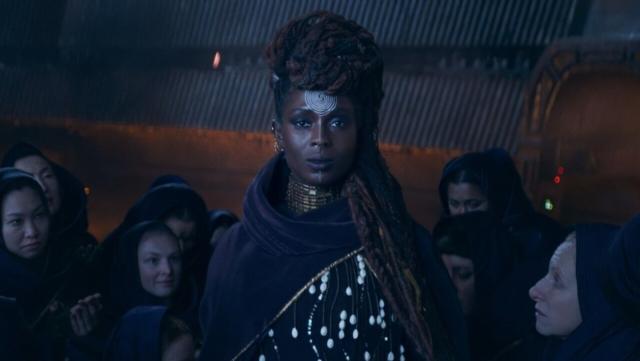
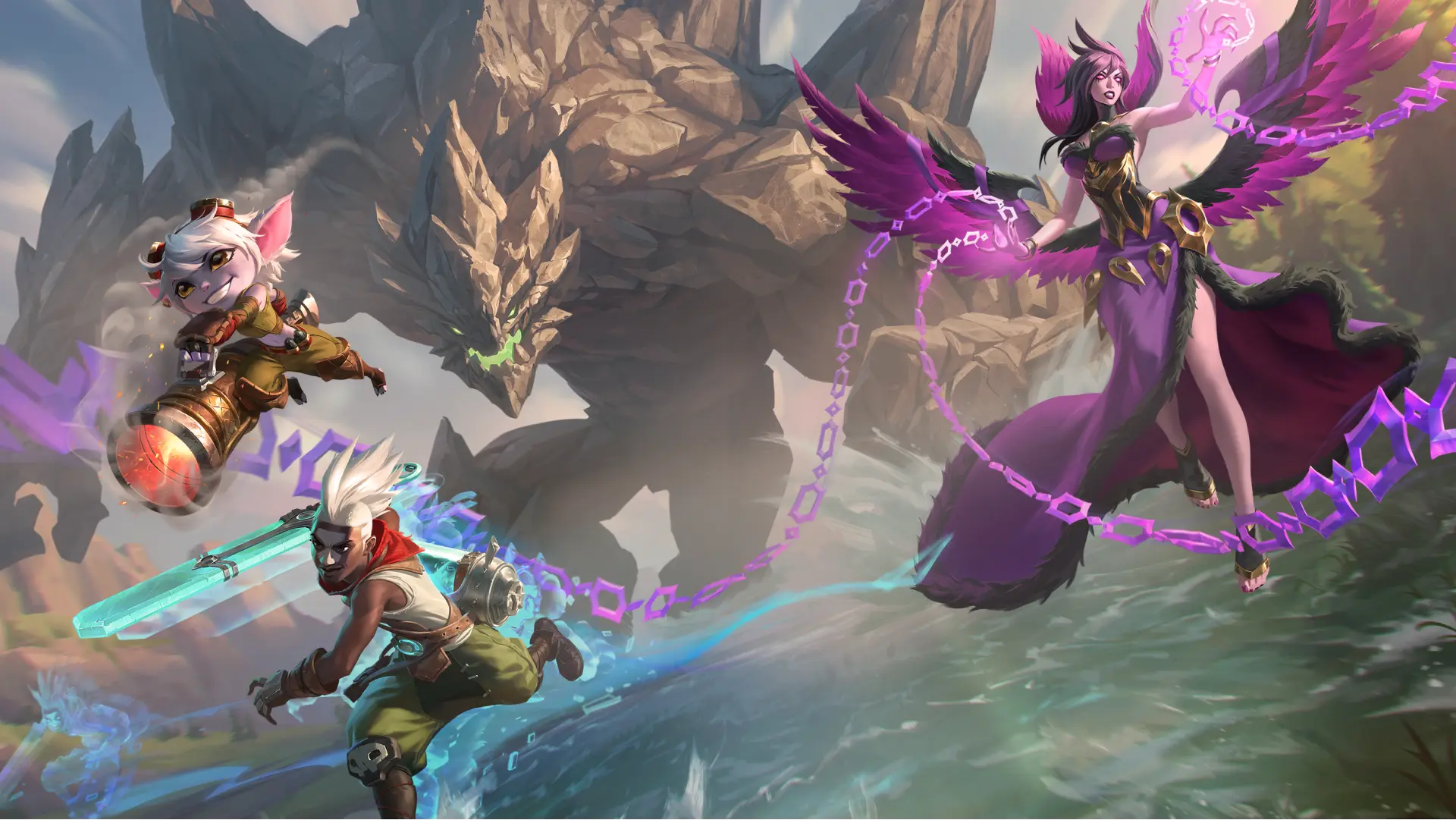
.webp)
